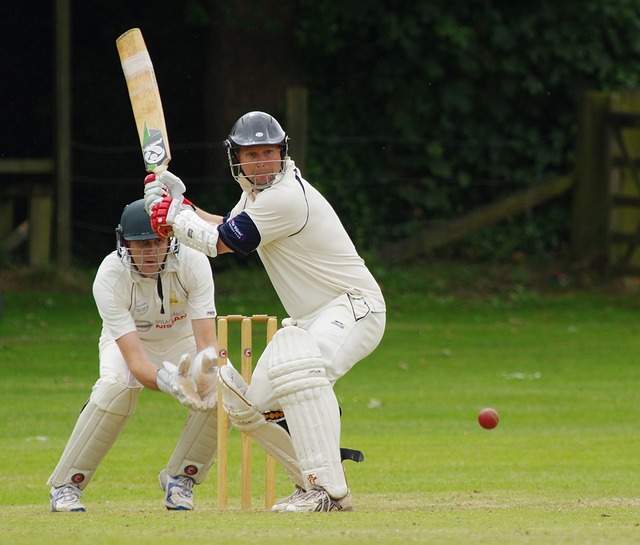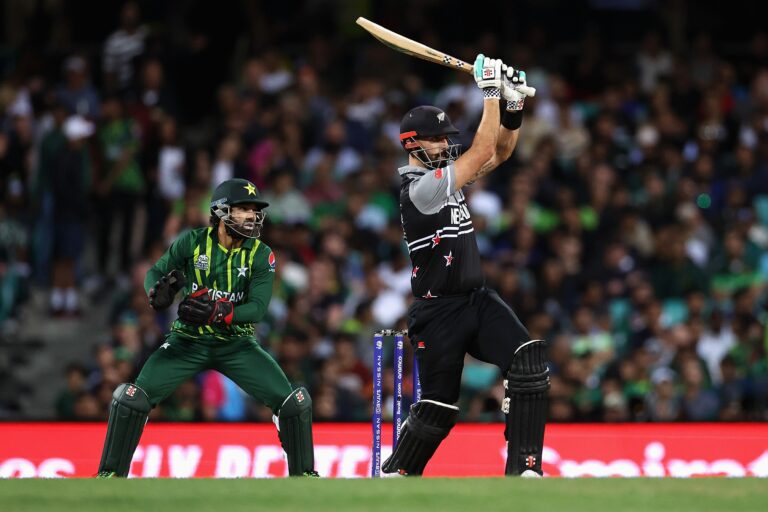The Role of Cricket in Promoting Social Responsibility
11xplay new id, india 24 bat, skyinplay live login:Cricket, often dubbed as a gentleman’s game, has not only entertained millions worldwide but has also played a significant role in promoting social responsibility. As one of the most popular sports globally, cricket has the power to influence society positively and inspire change. In this article, we will explore the various ways in which cricket has contributed to promoting social responsibility.
1. Community Engagement:
Cricket has the ability to bring communities together, regardless of their background or differences. Through cricket tournaments, matches, and events, players and fans alike come together to support their teams and celebrate the sport. This sense of community fosters unity and social responsibility among individuals, encouraging them to work towards a common goal.
2. Charity Initiatives:
One of the most significant ways in which cricket promotes social responsibility is through charity initiatives. Many cricket players and teams actively participate in charitable events and fundraisers, using their platform to raise awareness and support for various causes. Whether it’s supporting underprivileged children, providing aid during natural disasters, or promoting health and education, cricket has been instrumental in making a positive impact on society.
3. Gender Equality:
Cricket has also played a crucial role in promoting gender equality, both on and off the field. Women’s cricket has been gaining popularity in recent years, with more focus and investment being put into the women’s game. By giving female players equal opportunities, recognition, and support, cricket is breaking barriers and challenging stereotypes, advocating for gender equality in sports and society.
4. Environmental Conservation:
In recent years, cricket has taken steps towards promoting sustainability and environmental conservation. Many cricket stadiums and teams have adopted eco-friendly practices, such as reducing plastic waste, promoting recycling, and using renewable energy sources. By advocating for a greener approach, cricket is setting an example for fans and communities to follow suit and take responsibility for the environment.
5. Youth Development:
Cricket has also played a vital role in youth development, providing opportunities for young talents to showcase their skills and excel in the sport. Through cricket academies, coaching programs, and grassroots initiatives, cricket is nurturing the next generation of players and leaders. By empowering youth and instilling values such as teamwork, discipline, and fair play, cricket is shaping responsible citizens for the future.
6. Social Inclusion:
Cricket has the power to promote social inclusion by breaking down barriers and bringing people from diverse backgrounds together. Through initiatives such as cricket for peace, cricket for all, and cricket for unity, the sport is fostering inclusivity and acceptance among individuals. By promoting diversity and respect, cricket is creating a more inclusive and harmonious society.
In conclusion, cricket has proven to be more than just a sport; it is a catalyst for social change and responsibility. By engaging communities, supporting charitable causes, advocating for gender equality, promoting environmental conservation, nurturing youth, and fostering social inclusion, cricket is leaving a positive impact on society. As fans and supporters of the game, we can all play a part in promoting social responsibility both on and off the field. Together, we can make a difference and create a better world for future generations.
FAQs:
Q: How can fans contribute to promoting social responsibility through cricket?
A: Fans can contribute by supporting charitable initiatives, advocating for gender equality, promoting environmental conservation, volunteering in youth programs, and fostering social inclusion within their communities.
Q: What are some examples of cricket players who have actively promoted social responsibility?
A: Players like Virat Kohli, Ellyse Perry, Chris Gayle, and Heather Knight are known for their involvement in charitable causes, gender equality advocacy, environmental conservation efforts, youth development initiatives, and social inclusion campaigns.
Q: How can cricket associations and governing bodies promote social responsibility within the sport?
A: Cricket associations and governing bodies can promote social responsibility by implementing sustainable practices, supporting charity partnerships, investing in grassroots programs, advocating for diversity and inclusion, and encouraging players to be role models for social change.






